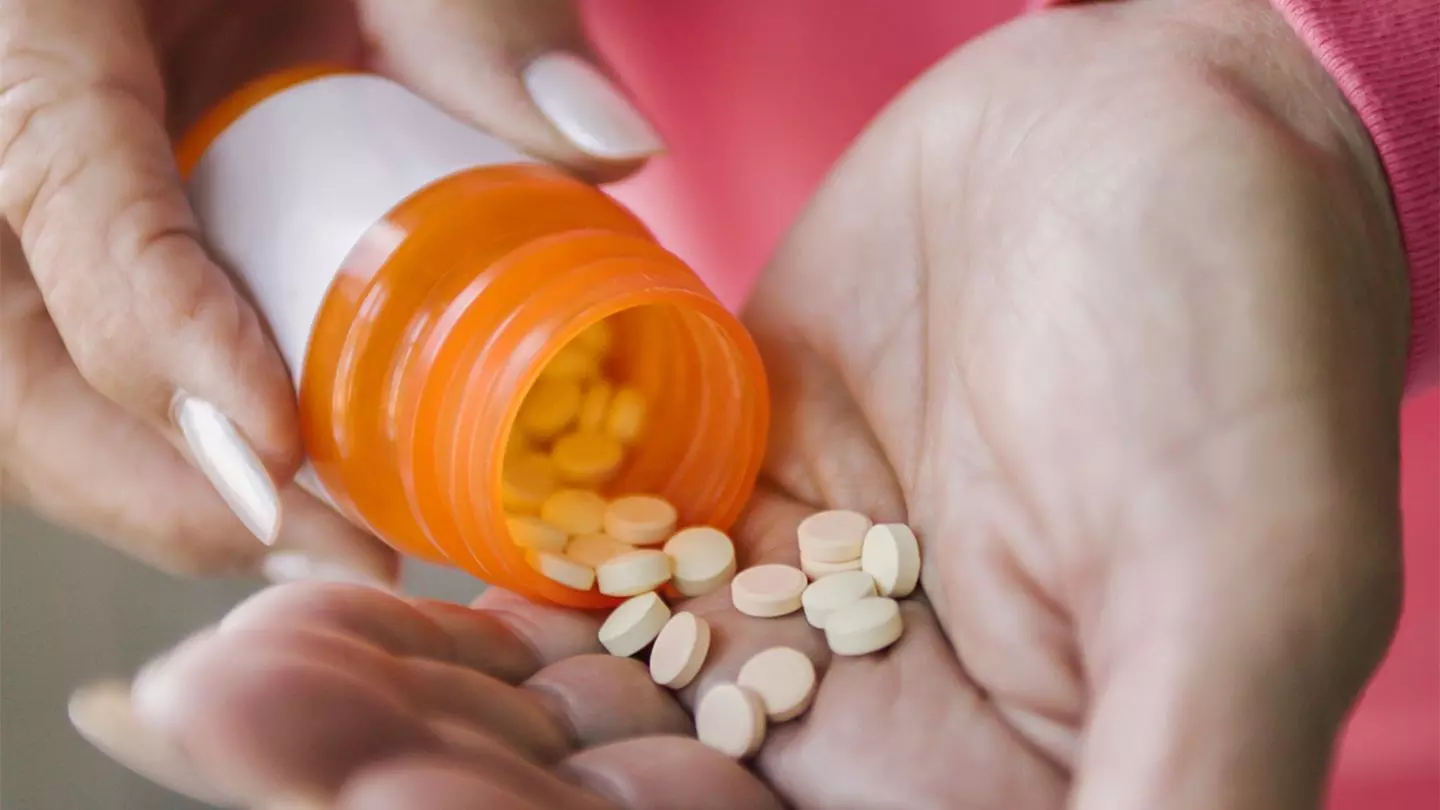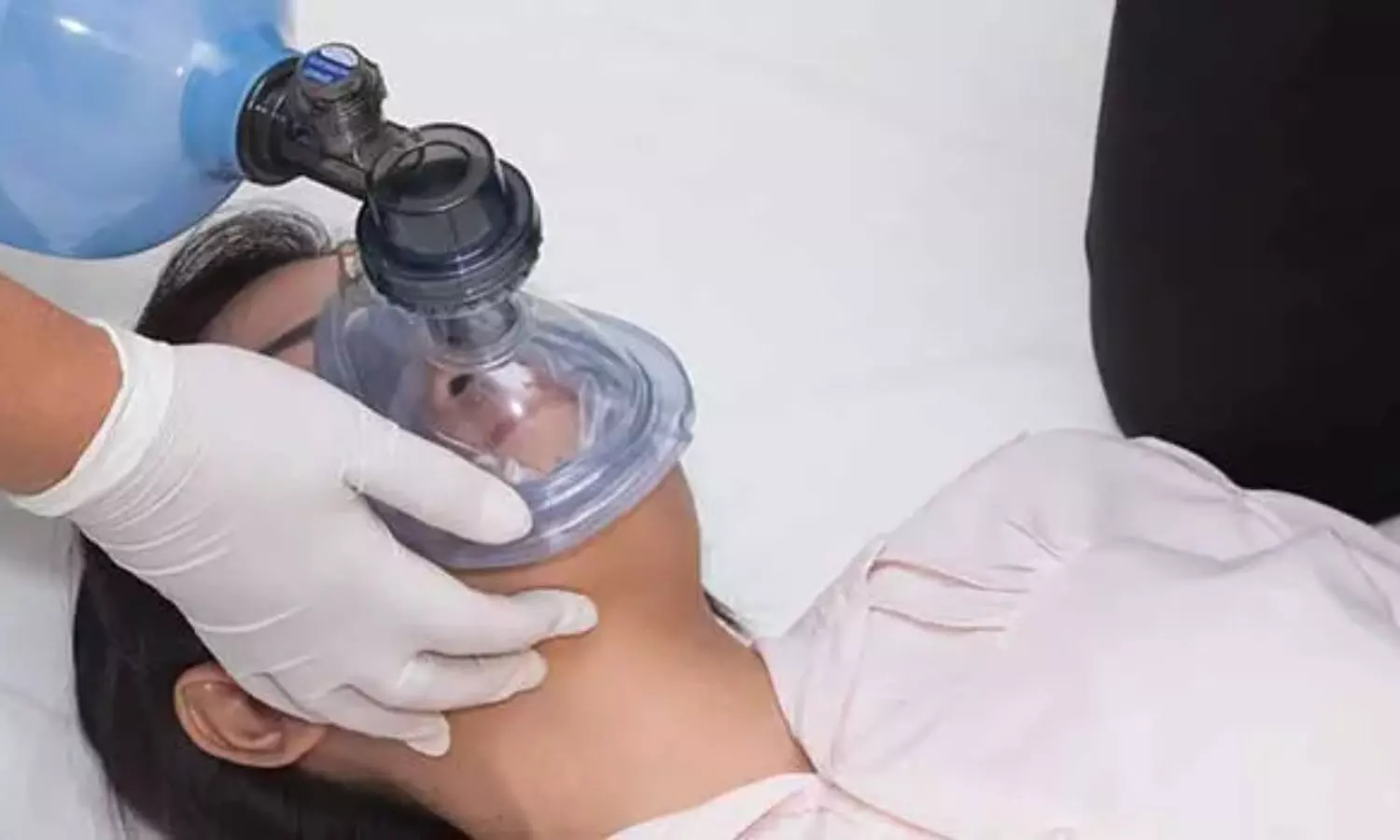- Home
- Medical news & Guidelines
- Anesthesiology
- Cardiology and CTVS
- Critical Care
- Dentistry
- Dermatology
- Diabetes and Endocrinology
- ENT
- Gastroenterology
- Medicine
- Nephrology
- Neurology
- Obstretics-Gynaecology
- Oncology
- Ophthalmology
- Orthopaedics
- Pediatrics-Neonatology
- Psychiatry
- Pulmonology
- Radiology
- Surgery
- Urology
- Laboratory Medicine
- Diet
- Nursing
- Paramedical
- Physiotherapy
- Health news
- Fact Check
- Bone Health Fact Check
- Brain Health Fact Check
- Cancer Related Fact Check
- Child Care Fact Check
- Dental and oral health fact check
- Diabetes and metabolic health fact check
- Diet and Nutrition Fact Check
- Eye and ENT Care Fact Check
- Fitness fact check
- Gut health fact check
- Heart health fact check
- Kidney health fact check
- Medical education fact check
- Men's health fact check
- Respiratory fact check
- Skin and hair care fact check
- Vaccine and Immunization fact check
- Women's health fact check
- AYUSH
- State News
- Andaman and Nicobar Islands
- Andhra Pradesh
- Arunachal Pradesh
- Assam
- Bihar
- Chandigarh
- Chattisgarh
- Dadra and Nagar Haveli
- Daman and Diu
- Delhi
- Goa
- Gujarat
- Haryana
- Himachal Pradesh
- Jammu & Kashmir
- Jharkhand
- Karnataka
- Kerala
- Ladakh
- Lakshadweep
- Madhya Pradesh
- Maharashtra
- Manipur
- Meghalaya
- Mizoram
- Nagaland
- Odisha
- Puducherry
- Punjab
- Rajasthan
- Sikkim
- Tamil Nadu
- Telangana
- Tripura
- Uttar Pradesh
- Uttrakhand
- West Bengal
- Medical Education
- Industry
Low-Dose Methotrexate tied to serious adverse events in elderly patients with CKD

Low-dose methotrexate, a commonly used treatment for rheumatoid arthritis and psoriasis, has come under scrutiny for its safety in adults with chronic kidney disease (CKD). A recent retrospective study conducted in Ontario, Canada, sought to compare the 90-day risk of serious adverse events in CKD patients initiating low-dose methotrexate against those starting hydroxychloroquine. The trial found that serious adverse events were higher among those who started low-dose methotrexate than those who started hydroxychloroquine.
The trial results were published in the journal JAMA Network Open.
Low-dose methotrexate, a common treatment for conditions like rheumatoid arthritis, was studied for safety in chronic kidney disease (CKD) patients. Results from previous studies indicated a higher risk of adverse events compared to hydroxychloroquine, emphasizing potential safety concerns. Hence, researchers from Canada conducted a retrospective, population-based, new-user cohort study to compare the 90-day risk of serious adverse events among adults with CKD who started low-dose methotrexate vs those who started hydroxychloroquine and to compare the risk of serious adverse events among adults with CKD starting 2 distinct doses of methotrexate vs those starting hydroxychloroquine.
The study, spanning from 2008 to 2021, utilized linked administrative health care data, focusing on adults aged 66 years or older with CKD, defined as an estimated glomerular filtration rate (eGFR) below 60 mL/min/1.73 m2, excluding those receiving dialysis. Patients initiating low-dose methotrexate (ranging from 5 to 35 mg per week) were matched in a 1:1 ratio with those commencing hydroxychloroquine (at doses of 200-400 mg per day).
The primary outcome measured was a composite of serious adverse events, encompassing hospital visits related to myelosuppression, sepsis, pneumotoxic effects, or hepatotoxic effects occurring within 90 days of initiating the respective drugs.
Findings:
In a propensity score–matched cohort of 4,618 adults with CKD, results indicated a higher occurrence of the primary outcome in patients who started low-dose methotrexate compared to those who began hydroxychloroquine.
Specifically, 82 out of 2,309 individuals (3.55%) in the methotrexate group experienced serious adverse events, in contrast to 40 out of 2,309 individuals (1.73%) in the hydroxychloroquine group.
This translated to a risk ratio of 2.05 (95% CI, 1.42-2.96) and a risk difference of 1.82% (95% CI, 0.91%-2.73%).
Subgroup analysis further revealed a progressive increase in risks at lower eGFR, emphasizing the association between reduced kidney function and elevated risks with methotrexate use.
For instance, in patients with an eGFR below 45 mL/min/1.73 m2, the risk ratio rose to 2.79 (95% CI, 1.51-5.13).
Additionally, in a secondary comparison with hydroxychloroquine, methotrexate users at doses ranging from 15 to 35 mg per week exhibited a higher risk of the primary outcome.
The findings from this study underscore the importance of carefully weighing the risks and benefits when considering low-dose methotrexate for CKD patients, especially in light of the heightened risk of serious adverse events. Clinicians should exercise caution and individualize treatment decisions, taking into account the patient's renal function and potential safety concerns associated with methotrexate use in this population.
Further reading: Muanda FT, Blake PG, Weir MA, et al. Low-Dose Methotrexate and Serious Adverse Events Among Older Adults With Chronic Kidney Disease. JAMA Netw Open. 2023;6(11):e2345132. doi:10.1001/jamanetworkopen.2023.45132
BDS, MDS
Dr.Niharika Harsha B (BDS,MDS) completed her BDS from Govt Dental College, Hyderabad and MDS from Dr.NTR University of health sciences(Now Kaloji Rao University). She has 4 years of private dental practice and worked for 2 years as Consultant Oral Radiologist at a Dental Imaging Centre in Hyderabad. She worked as Research Assistant and scientific writer in the development of Oral Anti cancer screening device with her seniors. She has a deep intriguing wish in writing highly engaging, captivating and informative medical content for a wider audience. She can be contacted at editorial@medicaldialogues.in.
Dr Kamal Kant Kohli-MBBS, DTCD- a chest specialist with more than 30 years of practice and a flair for writing clinical articles, Dr Kamal Kant Kohli joined Medical Dialogues as a Chief Editor of Medical News. Besides writing articles, as an editor, he proofreads and verifies all the medical content published on Medical Dialogues including those coming from journals, studies,medical conferences,guidelines etc. Email: drkohli@medicaldialogues.in. Contact no. 011-43720751




